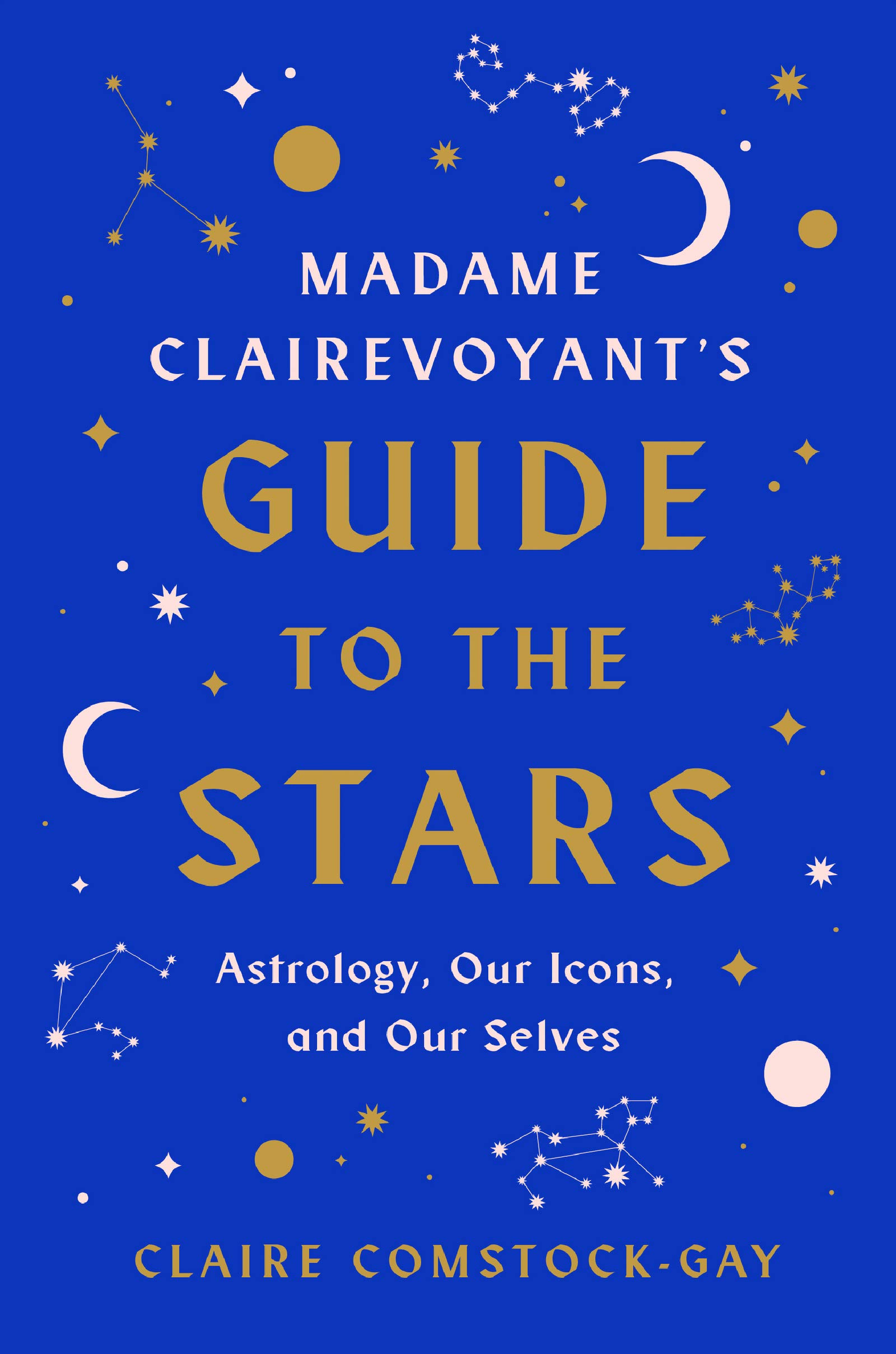
Format: Hardcover; Size: 5.5 x 8.25; Price: $26.99; Publisher: Harper Collins; Number of Reviewer’s Personal Heroes Featured in This Book: 9; Number of Times This Book Made Reviewer Uncharacteristically Want To Be a Virgo: 5; Number of Times This Book Made Reviewer Feel Bad About Being a Scorpio: 0; Representative Passage: “[…] astrology’s job isn’t to categorize us or to shove us into one of twelve pigeonholes and keep us there for life. The purpose of the twelve zodiac categories isn’t to contain us or to absolve us of the need to grow and change as people. Rather, it’s to help us delve into our weirdest, best, most thorny contradictions—not in order to flatten them out but to give us a language for the wild abundance of our real, confusing selves.”
Central Question: What, if anything, can astrology do for revolutionaries?
At a house reading about a year ago, everyone was having a good time. I know this because I don’t remember if it was warm or cold, just that the light was yellow, beaming through the house, and that the laughter was louder than usual; not too shy or shrill, everything dusky with minor alcohol.
I was in a cluster of people talking about astrology, as is wont to happen in parties featuring poets, especially on the West Coast. It was cute. We all argued—I maintained that I wasn’t a “real” Scorpio because I have a Sagittarius moon and a Leo rising, everyone howled in disbelief. One of the people in the conversation was older—a well-respected but self-serious communist. Amidst the laughter, he furrowed his brow and let out a loud and impassioned indictment: wasn’t an astrology really a deterministic neo-plantonic structure that kept hierarchies and people where they already were? Doesn’t astrology in fact, stand in the way of any real change? There was a pregnant pause. Then—“God, you are such an Aries,” someone shrieked, pointedly flipping their bangs.
I’m not certain about the history of astrology: how it entered my social discourse, nor am I particularly well-versed in longstanding debates about its successes and failures. But I bring this story up because there’s something in it that reveals to me what’s fascinating about astrology’s specific place in our current cultural conversation. Growing up, horoscopes seemed, for lack of a better word, cheesy, you know, in a hippy kind of way. Like tarot, or palm reading, it was relegated to a realm of mystic counterfeiting that my religious upbringing had taught me to distrust. And yet, it was ubiquitous;...
You have reached your article limit
Sign up for a digital subscription and continue reading all new issues, plus our entire archives, for just $1.50/month.
Already a subscriber? Sign in




